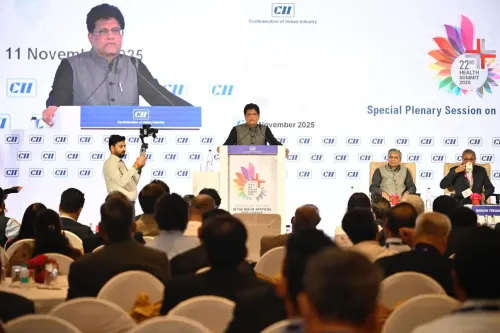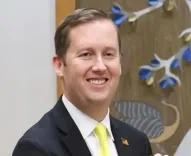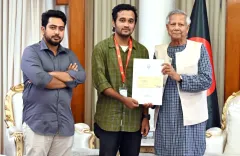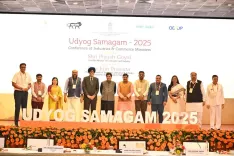What Are the New Developments in Day Care Cancer Centres Approved for FY26?
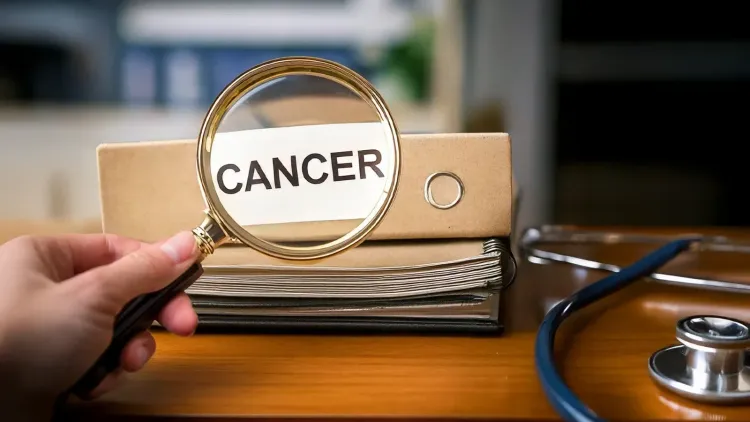
Synopsis
Key Takeaways
- 297 new day care cancer centres approved across India for FY26.
- Centres aim to provide vital chemotherapy services to patients.
- Government allocating up to Rs 1.49 crores for each centre's establishment.
- Part of broader initiatives under National Programme for Prevention of Non-Communicable Diseases.
- Enhanced educational opportunities in Oncology for medical professionals.
New Delhi, July 26 (NationPress) The Union government has announced that Parliament has sanctioned 297 new day care cancer centres throughout the nation for the fiscal year 2025-26.
In a written statement to the Lok Sabha, Union Minister of State for Health and Family Welfare, Prataprao Jadhav, highlighted various initiatives undertaken by the government to combat cancer cases in the country.
During the Union Budget presented in February, the government indicated that “all district hospitals will incorporate day care cancer centres, with approximately 200 centres planned for establishment in 2025-26.”
The objective of these day-care centres is to deliver chemotherapy—a crucial aspect of cancer treatment—to patients.
“Following the announcement in the Union Budget 2025-26, a total of 297 new day care cancer centres have received approval for the financial year 2025-26. These centres will focus on providing follow-up chemotherapy for patients referred by tertiary care facilities,” Jadhav stated.
“The investment for establishing day care cancer centres may reach up to Rs 1.49 crores, depending on the specific needs and deficiencies at each facility,” he added. Presently, there are 364 such centres operational across the country.
Additionally, the Minister pointed out that the government has established 19 State Cancer Institutes (SCI) and 20 Tertiary Care Cancer Centres (TCCC) in various regions as part of the National Programme for Prevention and Control of Non-Communicable Diseases (NP-NCD).
The Centre also extends financial support to these centres for acquiring radiotherapy, diagnostic, and surgical equipment, as well as for enhancing facilities for cancer diagnosis, treatment, and care.
“The maximum allowable financial assistance for SCI is Rs 120 crores and for TCCC, Rs 45 crores,” Jadhav mentioned.
The National Cancer Institute in Jhajjar (Haryana) and the second campus of the Chittaranjan National Cancer Institute in Kolkata have been established to offer advanced diagnostic and treatment options.
Cancer treatment facilities have also been authorized in all 22 newly established All India Institute of Medical Sciences (AIIMS).
Furthermore, a population-centric initiative aimed at screening, managing, and preventing common non-communicable diseases, including cancer, has been launched as part of the Comprehensive Primary Health Care under the National Health Mission (NHM) through Ayushman Arogya Mandirs.
To elevate cancer care standards in the country, the government is also enhancing cancer education.
Jadhav noted that the National Medical Commission has initiated measures to simplify the process for establishing Postgraduate (PG) courses, including those for Oncology.
“It is now possible to initiate a PG course with just two seats and two faculty members, without needing a senior resident. In several specialties, the bed requirements for unit formation have been relaxed,” the MoS explained.
“Medical colleges and institutions may apply to start PG courses one year after being authorized to commence an undergraduate course; government medical colleges can initiate PG courses simultaneously with UG courses,” the Minister concluded.

